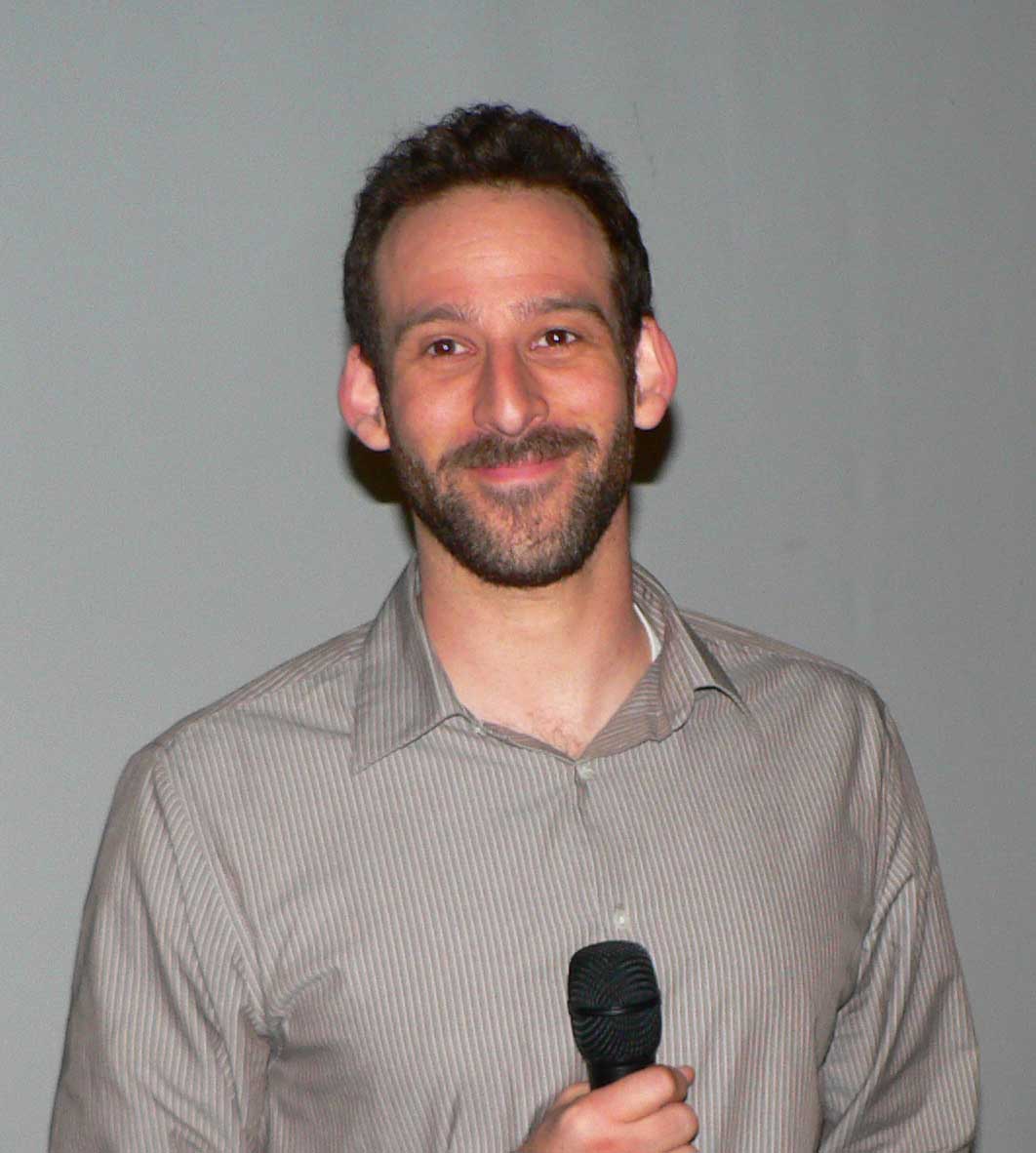Skid Row Housing, by Daniel Rizik-Baer
Posted by Wes Bradford
on Mar 03, 2015

Daniel Rizik-Baer is the Community Relations Manager at the Skid Row Housing Trust in Los Angeles. He has worked with community groups, residents and news media to increase awareness of homelessness and the solutions that the Trust provides — Permanent Supportive Housing. He has a Master’s degree in Social Welfare from the University of California at Berkeley.
The Skid Row Housing Trust was started in 1989 to address the problem of decreased availability of low income housing due to increasing housing costs, with more people being economically left behind. The Trust purchases old buildings such as warehouses, and rehabilitates them to house homeless people. However, housing alone is not the only cause of homelessness. Most homelessness is temporary due to lost jobs, and those people can often live with friends or in a car, and manage to get back into the housing market later. A small fraction of them are chronically homeless for one year or more, and some of these need permanent housing and support as well as on-site services because they have difficulty traveling to distant locations for medical, educational and vocational services.
 In the last decade, the Trust started buying vacant lots and building on them. These are not just buildings, but homes, whose architecture is designed to support community living and dignity. Healthcare costs go down dramatically when people get off the streets. Homeless people often show up in the emergency departments or urgent care centers at high public expense. Housing these homeless people instead saves money, according to the Los Angeles Department of Health Services. A homeless person costs $35,000 per year on the street, mostly due to medical costs, versus $8000 per year in housing.
In the last decade, the Trust started buying vacant lots and building on them. These are not just buildings, but homes, whose architecture is designed to support community living and dignity. Healthcare costs go down dramatically when people get off the streets. Homeless people often show up in the emergency departments or urgent care centers at high public expense. Housing these homeless people instead saves money, according to the Los Angeles Department of Health Services. A homeless person costs $35,000 per year on the street, mostly due to medical costs, versus $8000 per year in housing.People hit the streets when they have lost their social connections. Housing is the important first step in establishing personal security and rehabilitation. Homeless people need help with filing for disability support, Social Security, and employment assistance. The Skid Row Housing Trust works with the most vulnerable, some of them homeless for 25 years, to help get them into housing and reconnect with their family members. Financial support is provided by bank financing, the US Health and Urban Development Department, and private donors. The website is www.skidrow.org.